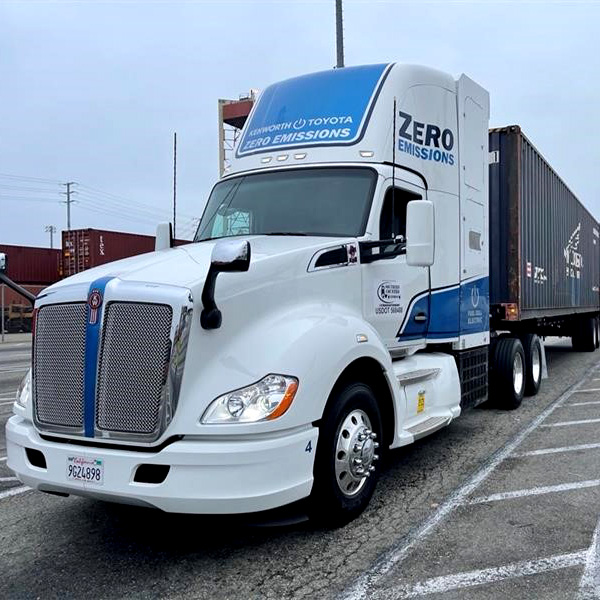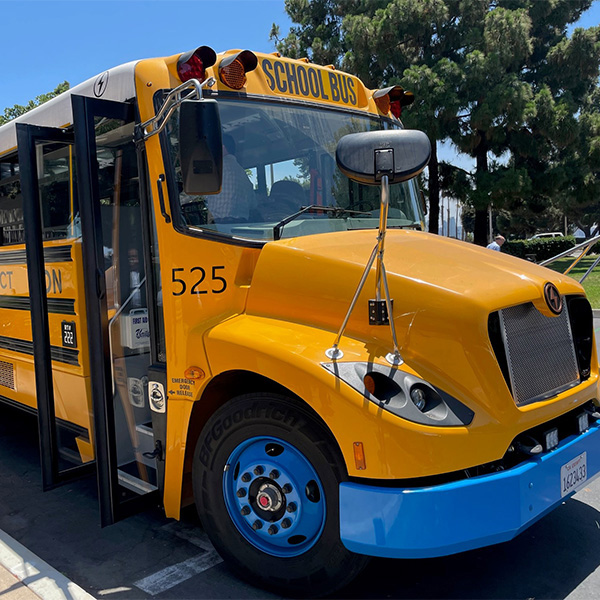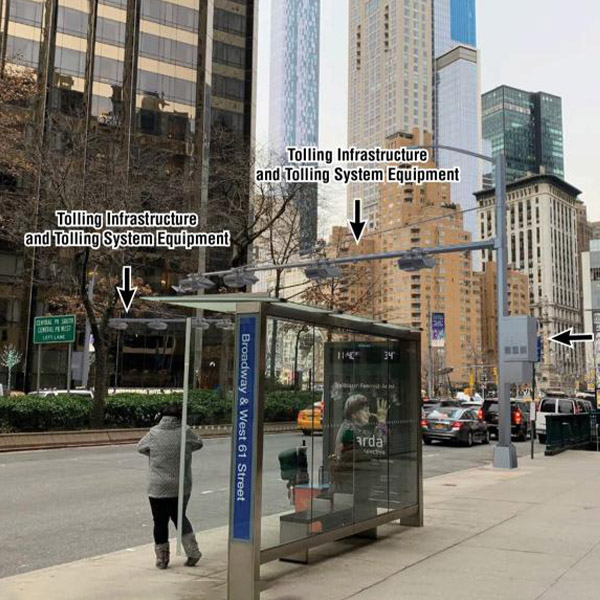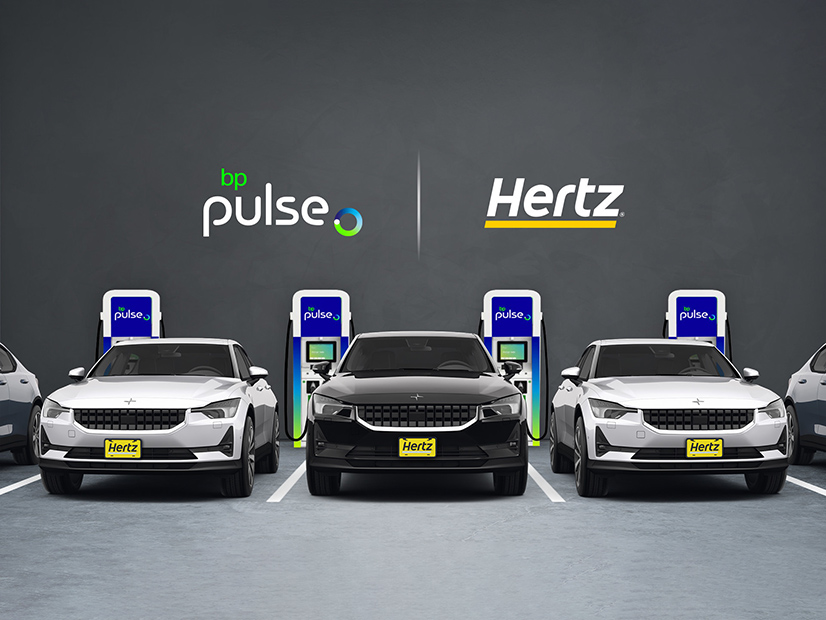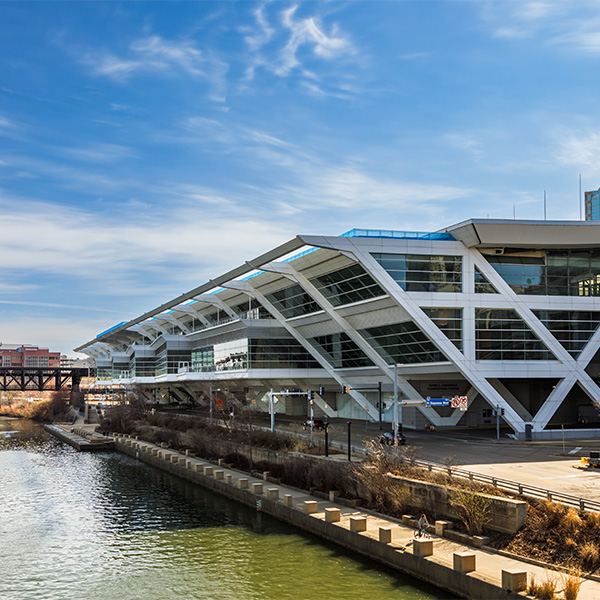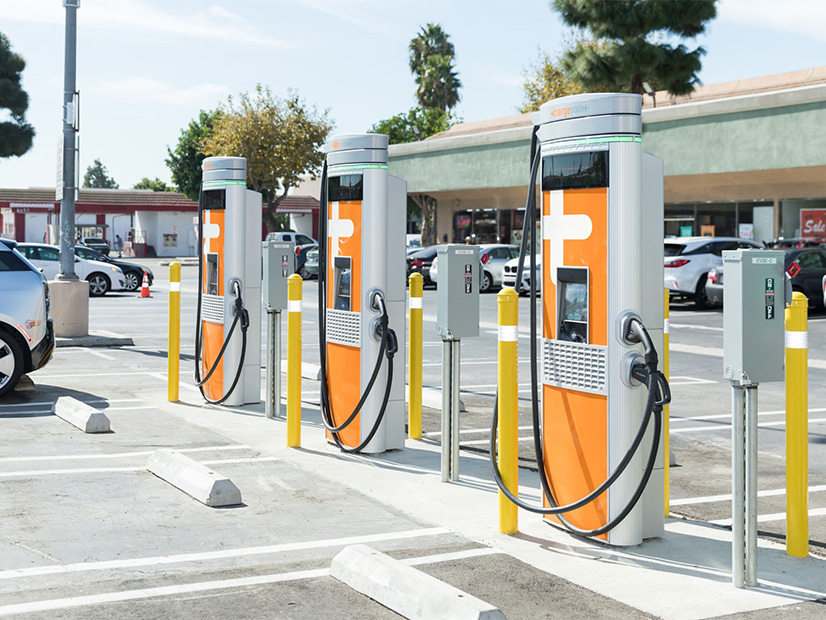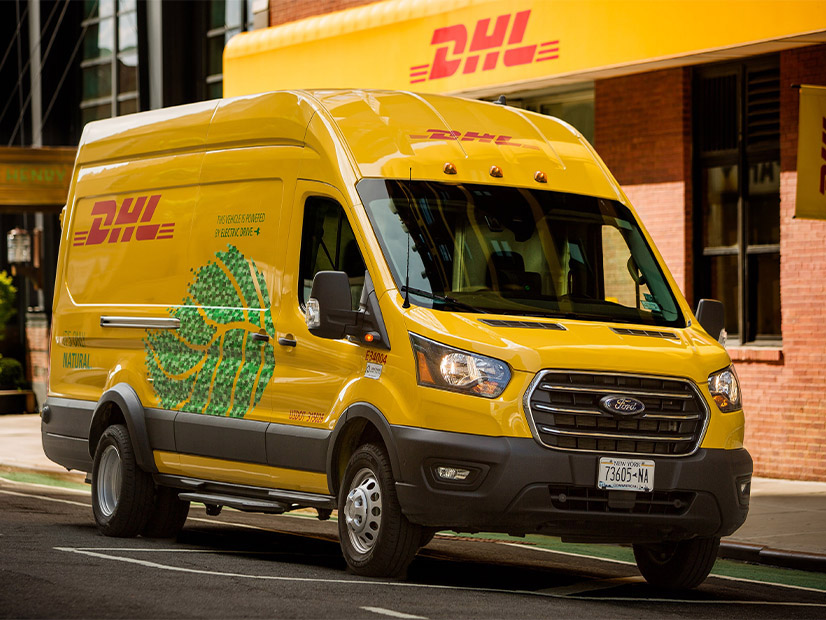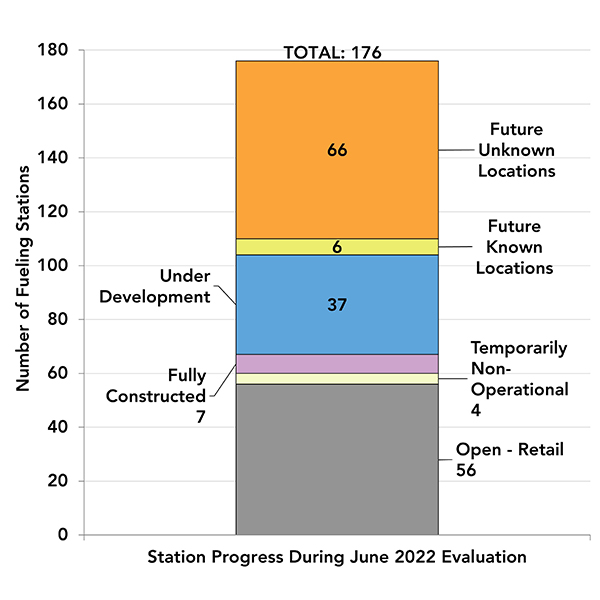Transportation Decarbonization
Airplane DecarbonizationEV chargersHeavy-duty vehiclesBattery Electric Buses (BEB)Fuel Cell Electric Buses (FCEB)Light-duty vehiclesBattery Electric VehiclesFuel Cell VehiclesPlug-in hybrid electric vehiclesShip electrificationClean Ports
A more than year-long test of 10 hydrogen-fueled semitrucks demonstrated that the vehicles can perform roughly equally with their 5-year-old diesel equivalents.
A Maryland school district is expanding its partnership with Highland Electric Fleets to electrify its buses to use as distributed energy resources in PJM.
The first national congestion pricing in New York City will charge motorists up to $35, creating economic backlash and environmental justice concerns.
Hertz and BP will collaborate on a network of charging stations for EVs rented by Hertz, which expects to electrify a quarter of its fleet by the end of 2024.
Hydrogen will be the new oil if national governments, including the U.S., can make it happen.
The Biden administration approved EV charging plans for all 50 states, opening the spigot on $1.5 billion to add chargers over 75,000 miles of highway.
More than 6,000 people from 34 countries traveled to the Steel City for the Global Clean Energy Action Forum. Here's some of what we heard there.
A Washington company’s all-electric prototype commuter plane flew for the first time, potentially marking a milestone for zero-emission aviation.
Industry stakeholders are working together to develop what they believe will be the least disruptive way to gradually electrify diesel trucking fleets.
Growth in the number of hydrogen fueling stations accelerated in California, but the state is likely a year behind on its 100-station goal.
Want more? Advanced Search
